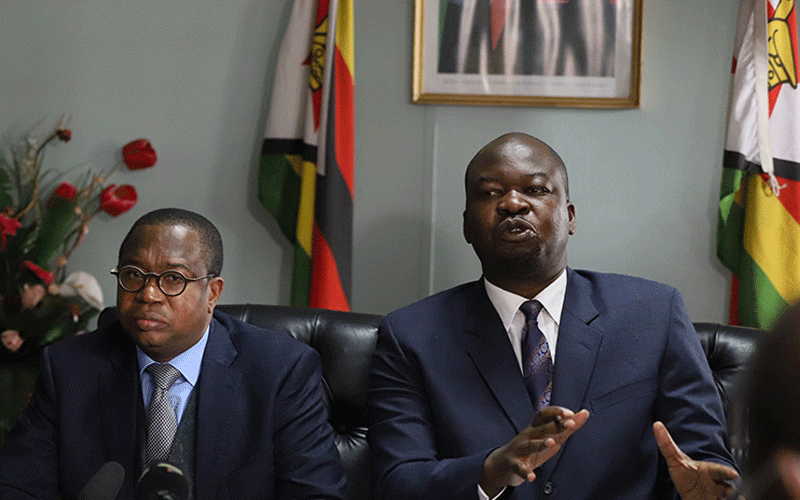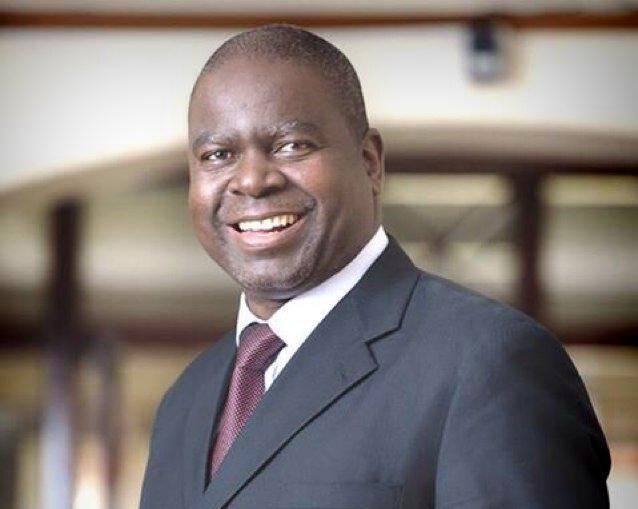
THE International Monetary Fund (IMF) says Zimbabwe’s outlook will be determined by its readiness to implement growth-focused policies, along with government’s ability to respond to external shocks.
In a statement released following a staff visit to Harare, the fund reiterated several warnings, adding that uncertainty remained high in Zimbabwe, with recent rate hikes threatening recovery.
Rate hikes have been compounded by rocketing inflation, exchange rate fragilities and a frustrating forex crisis.
“Uncertainty remains high,” the fund said.
“However, the outlook will depend on the evolution of external shocks, the policy stance and implementation of inclusive growth-friendly policies.”
The IMF said real gross domestic product (GDP) growth was expected to at 3,5% in 2022, reflecting a slowdown in agricultural and energy outputs.
This growth will be lower than the 4,6% projected by government at the end of July.
Government slashed the growth to 4,6% after previously projecting 5,5%, citing the poor agricultural season and external shocks.
- Mavhunga puts DeMbare into Chibuku quarterfinals
- Bulls to charge into Zimbabwe gold stocks
- Ndiraya concerned as goals dry up
- Letters: How solar power is transforming African farms
Keep Reading
The IMF said Zimbabwe’s economy had shown resilience in the face of significant shocks.
“Russia’s war in Ukraine, the poor rainfall and price pressures are adversely affecting economic and social conditions in Zimbabwe, already battered by the COVID-19 pandemic,” the Bretton Woods institution said.
“Renewed price and exchange rate depreciation pressures emerged, notably in the second quarter of 2022, with inflation in August reaching 285% over a year earlier.”
It pointed out that more efforts were required to anchor macroeconomic stability and accelerate structural reforms.
“In line with recommendations from the 2022 Article IV consultation, the near-term macroeconomic imperative is to curb inflationary pressures by further tightening monetary policy, as needed, and allowing greater exchange rate flexibility through a more transparent and market-driven price discovery process, tackling (forex) market distortions and eliminating exchange restriction,” it said.
“The RBZ [Reserve Bank of Zimbabwe]’s quasi-fiscal operations should be transferred to the budget to enhance transparency, improve the conduct of monetary and exchange rate policy and enhance central bank independence.”
It said structural reforms aimed at improving the business climate and reducing governance vulnerabilities would be pivotal in promoting sustained and inclusive growth.
“Durable macroeconomic stability and structural reforms would bode well for supporting Zimbabwe’s development objectives as embodied in the country’s National Development Strategy 1 (2021-2025),” the IMF observed.
It noted that it would only give the country financial support if there was a clear path to comprehensive restructuring of Zimbabwe’s external debt, including the clearance of arrears and a reform plan that is consistent with macroeconomic stability, growth and poverty reduction.
A reinforcement of the social safety net and governance and transparency reforms were also imperative for financial support from the IMF, it said.
The fund added that international re-engagement remained critical for debt resolution and access to financial support.
It, however, noted that the recent tightening of monetary policy and the contained budget deficits by government were policies in the right direction and had contributed to the narrowing of the parallel market exchange rate gap.
“The outcome of the IMF staff visit will serve as a key input in the preparations for the next Article IV consultation mission,” it said.
The IMF staff held meetings with Finance minister Mthuli Ncube as well as the ministry’s permanent secretary George Guvamatanga, central bank governor John Mangudya, representatives of the private sector, civil society and the country’s development partners.
- Follow us on Twitter @NewsDayZimbabwe











